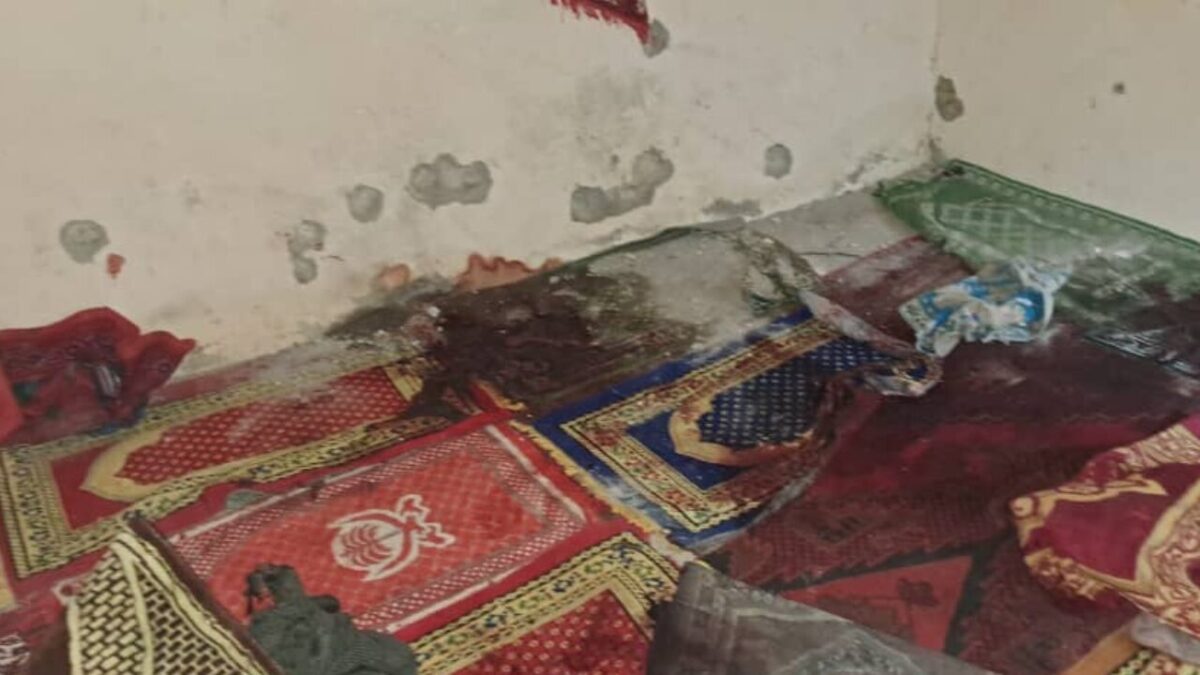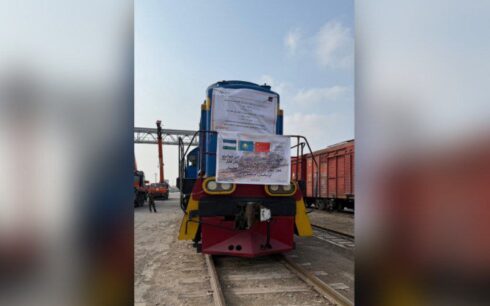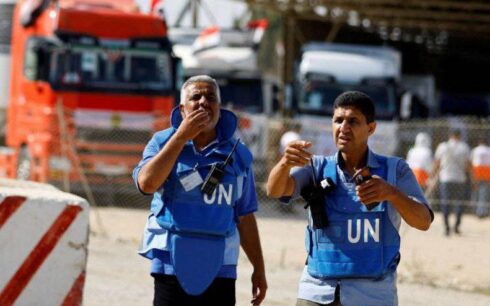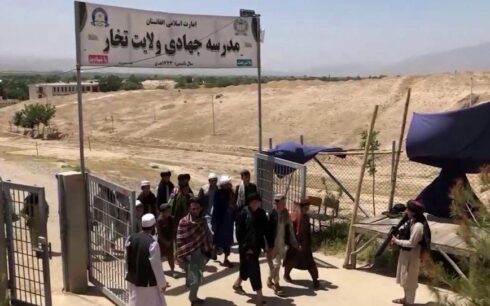Two days after a deadly attack on Sufi worshipers in Baghlan Province, no group has claimed responsibility, leaving families of the victims and local residents demanding answers.
The assault, which took place Thursday night at the Sayed Pacha Shrine in Nahrin district, left at least 10 people dead when gunmen opened fire on worshipers.
While local Taliban officials in Baghlan have acknowledged the incident, senior Taliban leaders have yet to offer formal condolences or announce a detailed investigation.
The United Nations Assistance Mission in Afghanistan (UNAMA) has urged the Taliban to investigate the attack and ensure the protection of vulnerable communities. “UNAMA urges de facto authorities to fully investigate the incident, prevent future attacks & ensure communities are protected,” the agency said in a statement.
Richard Bennett, the UN’s special rapporteur on human rights in Afghanistan, condemned the attack, calling it a stark example of the dangers faced by religious minorities in the country. “Yesterday’s killing of at least 10 Sufi Muslims in a mosque in Nahrin, Baghlan, Afghanistan, is deplorable,” Mr. Bennett said. “Religious minorities remain under grave threat. All Afghans have the right to worship in peace. More prevention, protection, and justice are needed.”
Victims and Rising Concerns
The victims of the attack included Shah Dar Mohammad, 60; Qari Shir Mohammad, 37; Jawed, 26; Aziz, 45; Noorullah; Noor Ahmad, 25; and Sufi Shah Deen Mohammad. All were local residents of Baghlan.
This is the first major incident targeting a Sufi shrine in Baghlan since the Taliban’s return to power in August 2021. However, it marks the fifth such attack on Sufi sites across Afghanistan under their rule. Similar attacks have occurred in Kabul, Kunduz, and Balkh, often resulting in high casualties.
According to UN data, four previous attacks on Sufi sites between August 15, 2021, and May 30, 2023, killed 103 people and injured 228. Notable incidents include:
• April 22, 2022: An attack in Kunduz’s Mawlai Sekand Khanqha left 33 dead and 43 injured.
• April 29, 2022: A bombing in the Serai Alaudin area of Kabul killed 50 and injured 70.
• August 17, 2022: A blast at Sediqqiya Mosque in Kabul killed 21 and wounded 33.
Thursday’s attack in Baghlan adds to these grim statistics, with rights groups highlighting the systematic targeting of Sufi communities.
Broader Implications
The extremist group ISIS has frequently claimed responsibility for such attacks in the past, raising suspicions that they may be involved in the Baghlan incident. However, activists argue that the Taliban’s failure to protect Sufi worshipers and their historical opposition to Sufi practices suggest complicity or negligence.
The Purple Saturdays Movement, led by Mariam Marouf Arwin, issued a statement urging the United Nations to investigate the attack. “The Taliban, as an extremist group with Deobandi ideology, strongly opposes Sufi practices and teachings, considering them heretical,” the movement stated.
Former Afghan President Hamid Karzai condemned the attack as a “terrorist act and a crime against humanity.”
Calls for Accountability
Activists and former officials have called on the international community to pressure the Taliban to protect civilians and uphold minority rights. The Purple Saturdays Movement also urged the UN Special Rapporteur on Freedom of Religion and Minority Rights to conduct an impartial investigation and publicize the findings.
As Afghanistan faces increasing violence and the targeting of vulnerable groups, the attack in Baghlan serves as a stark reminder of the dangers confronting religious minorities under the Taliban’s rule.





